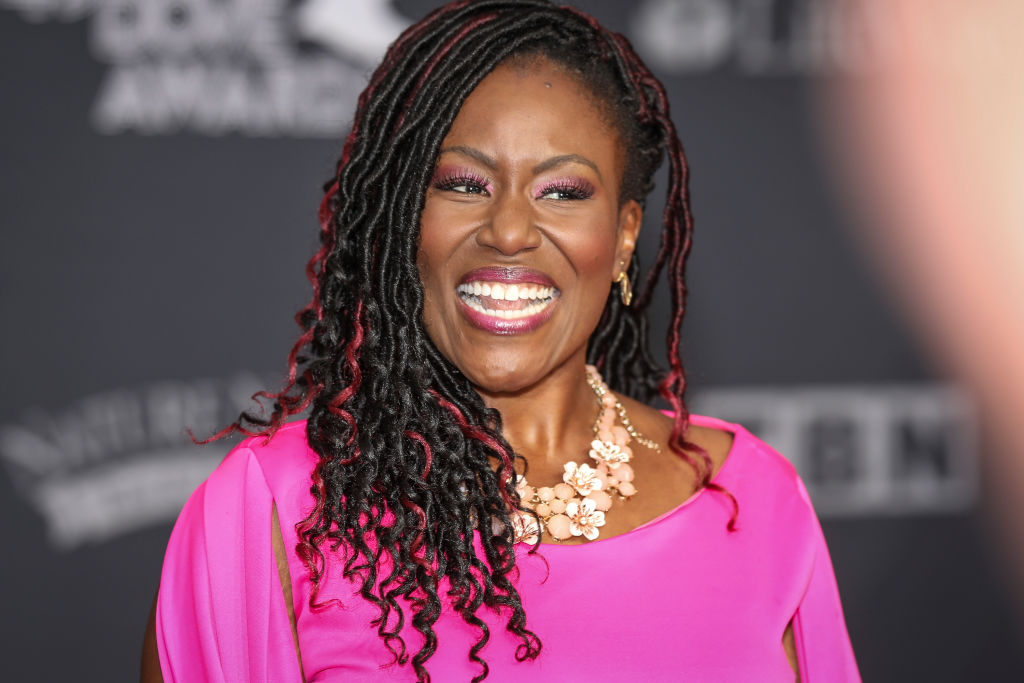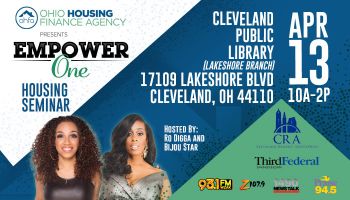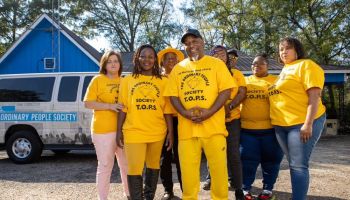In the sea of docudramas and documentaries on the subject of the Rwandan genocide, few have explored the capacity of human beings to forgive as poignantly as My Neighbor, My Killer. The film, directed by Anne Aghion over the course of 9 years, focuses on the aftermath of the holocaust, the motivations for which seem long lost to history.
For those less familiar with the details of the 1994 slaughter of three-quarters of the Tutsi population in Rwanda at the hands of their Hutu neighbors, it is not merely in films that the memory and stories of this time have been immortalized: the real truths and untruths of the bloodletting that awakened a global community survive in the hearts and minds of those left behind.
But who is there to ask them about their loss? Or wonder about their need for justice?
My Neighbor, My Killer chronicles the implementation of Gacaca, or open-air courts where members of the community gather to confront victims and perpetrators and wrestle with the myriad emotions wrought out from such a frank discussion of the genocide. Neighbors accuse and neighbors confess, all with the hope of achieving reconciliation and a foundation upon which to build a new Rwanda.
The film seeks to “chart the impact of Gacaca on survivors and perpetrators alike,” and document the “fear and anger, accusations and defenses, blurry truths, inconsolable sadness, and hope for life renewed.”
It does so rather beautifully. The most striking thing about My Neighbor, My Killer is how accurately the ambiguities of fact and lingering doubts are depicted. The film is not neat. It does not attempt to roundly express a problem and resolve it within its short 86 minutes. It, in fact, leaves much of the interpretation of the successes and failures of Gacaca up to the viewer, which is unsettling but very artfully executed. It leaves you with the haunting face of one of its most memorable characters, Euphraisie, who admits thinking the Gacaca is a joke, an exercise meant more for the perpetrators than the victims, since, after all, no Gacaca, no authority, no institution could ever bring back those she lost.
The thing that is so fascinating and important about Rwanda is the power of its example: humanitarians the world over were so outraged about the trespasses in this country, the atrocities so publicized and, now, their reconciliation process explored on film, that it has become a reference point in human history.
For those still on the hills of Kigali, there is only life before April 1994 and life after.
Editor’s Note: In the wake of the massive human tragedy in Haiti, let us take a moment to absorb human plight and suffering wherever it may occur, and do whatever little we can to support communities in need everywhere. Click here to GIVE HAITI QUAKE RELIEF.

















